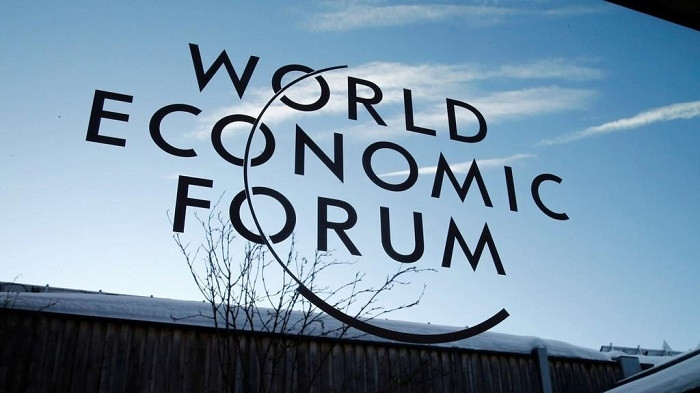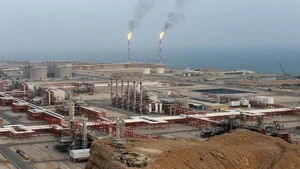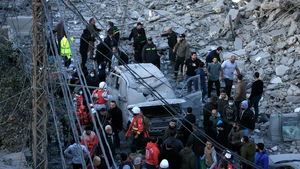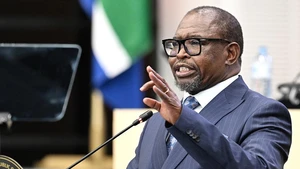The COVID-19 pandemic meant it was not possible to hold such a large event as planned on Aug. 17-20, they said.
"Regretfully, the tragic circumstances unfolding across geographies, an uncertain travel outlook, differing speeds of vaccination roll out and the uncertainty around new variants combine to make it impossible to realise a global meeting with business, government and civil society leaders from all over the world at the scale which was planned," the WEF said in a statement.
The event, which attracts VIPs from the worlds of politics and business, has been held since 1971.
It was shifted from the Swiss Alpine resort of Davos in December over concerns about safeguarding the health of participants.
Separately, the Shangri-La Dialogue Asian security summit, which is to take place from June 4–5, plans to go ahead with the event.
"IISS remains on track to convene the 19th Shangri-La Dialogue in person in Singapore in early June," the organiser, the International Institute for Strategic Studies said in a statement.
"The World Economic Forum’s decision does not affect our plans. We have a full line-up of ministers and other senior leaders from around the world planning to attend our event," said IISS.
In a statement, Singapore's defence ministry said it was "encouraged by the positive response to invitations" to the meeting.
"Nevertheless, as the COVID-19 situation is fluid and continues to evolve in the run-up to the meeting, the Singapore government will continue to monitor the local and global COVID-19 situation and make the necessary adjustments."
Singapore has in recent days imposed some of the tightest restrictions since it exited a lockdown last year to combat a spike in local COVID-19 infections.
Acknowledging WEF's decision to cancel the event, the Singapore trade ministry said on Monday that it "fully appreciates the challenges caused by the ongoing global pandemic, particularly for a large meeting with a broad span of international participants."
The WEF's next annual meeting will instead take place in the first half of 2022. Its location and date will be determined based on an assessment of the situation later this summer, it added in a statement.
Last year nearly 3,000 participants from 130 countries came to the WEF in Davos, which bills itself as a place for global leaders to work together to shape the global, regional and industrial agenda. Speakers last year included environmental activist Greta Thunberg and US President Donald Trump.
Founder and Executive Chairman Klaus Schwab said the decision to cancel had been difficult, particularly as many people wanted to "come together not just virtually but in person, and to contribute to a more resilient, more inclusive and more sustainable world."
"But ultimately the health and safety of everyone concerned is our highest priority," he said.
















